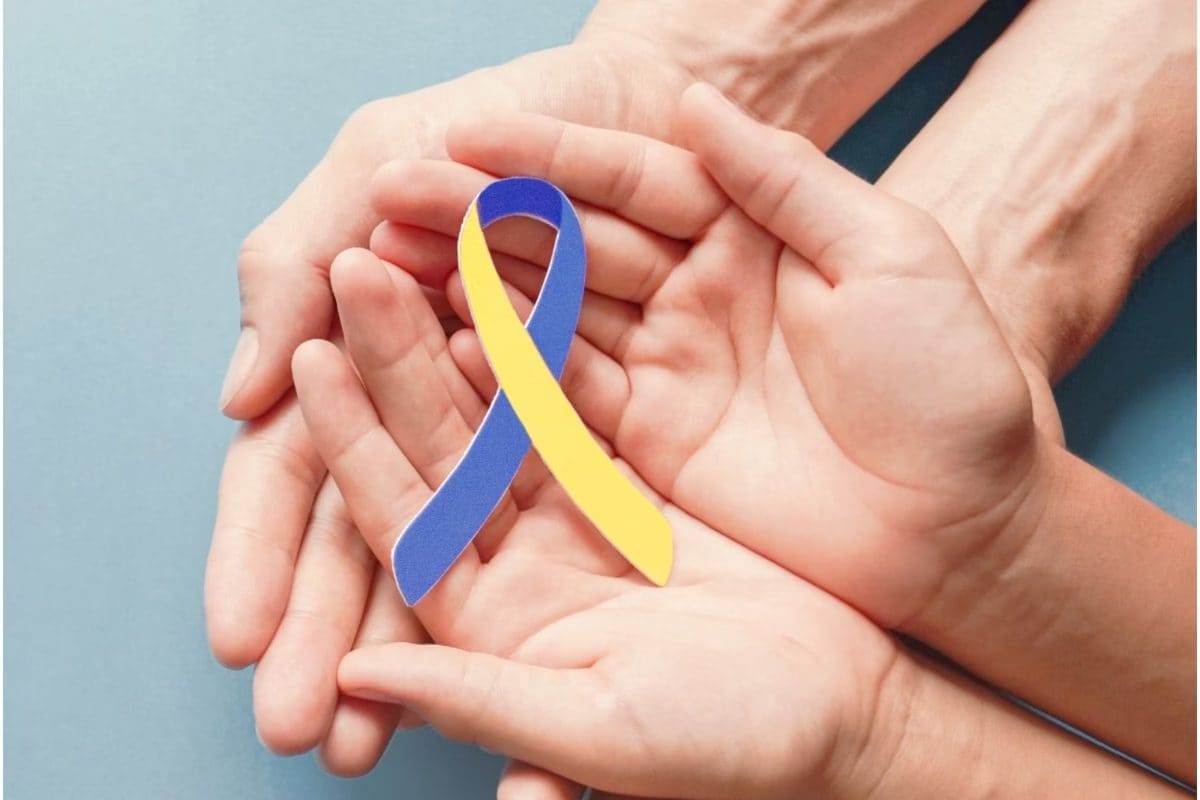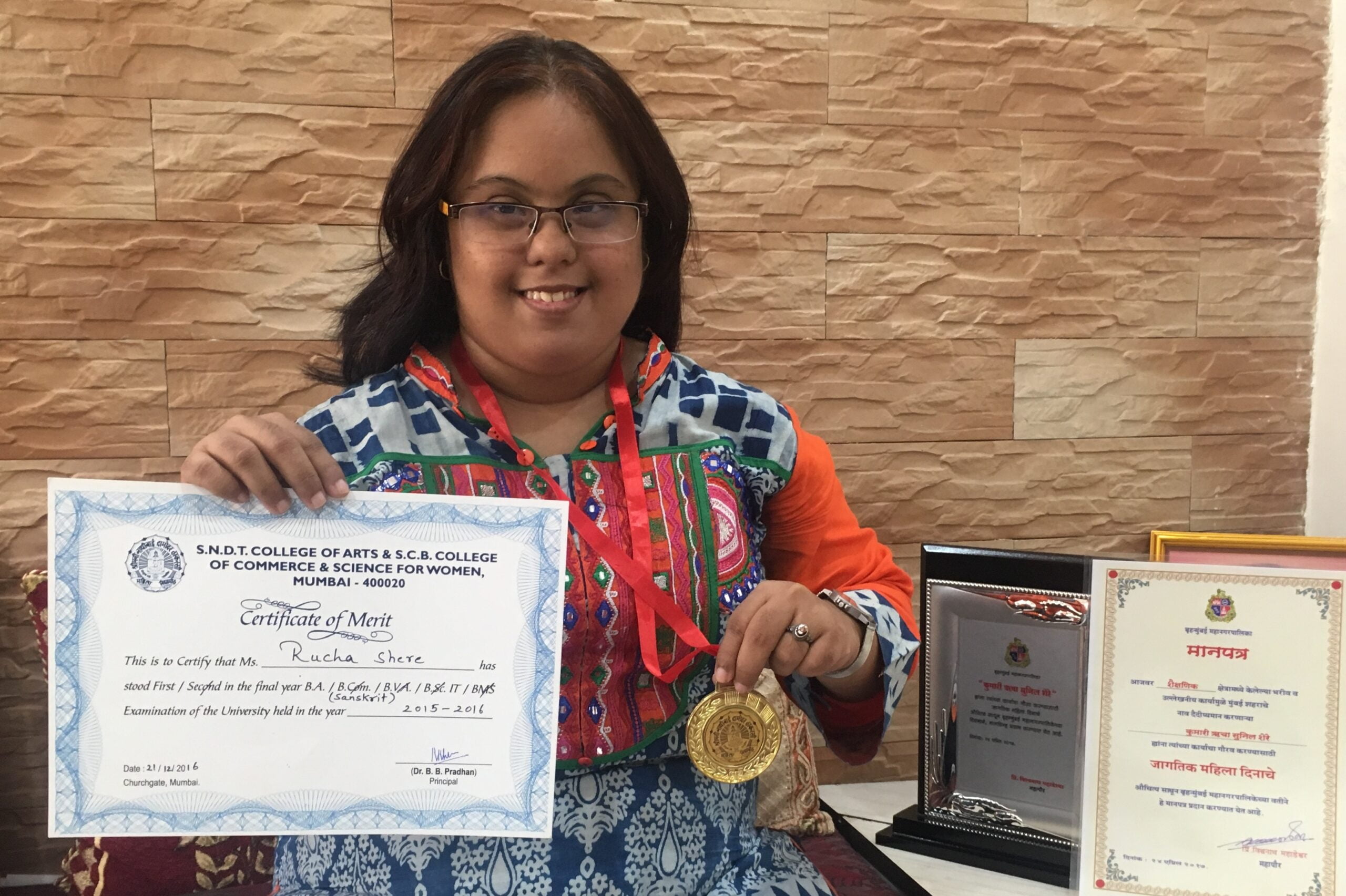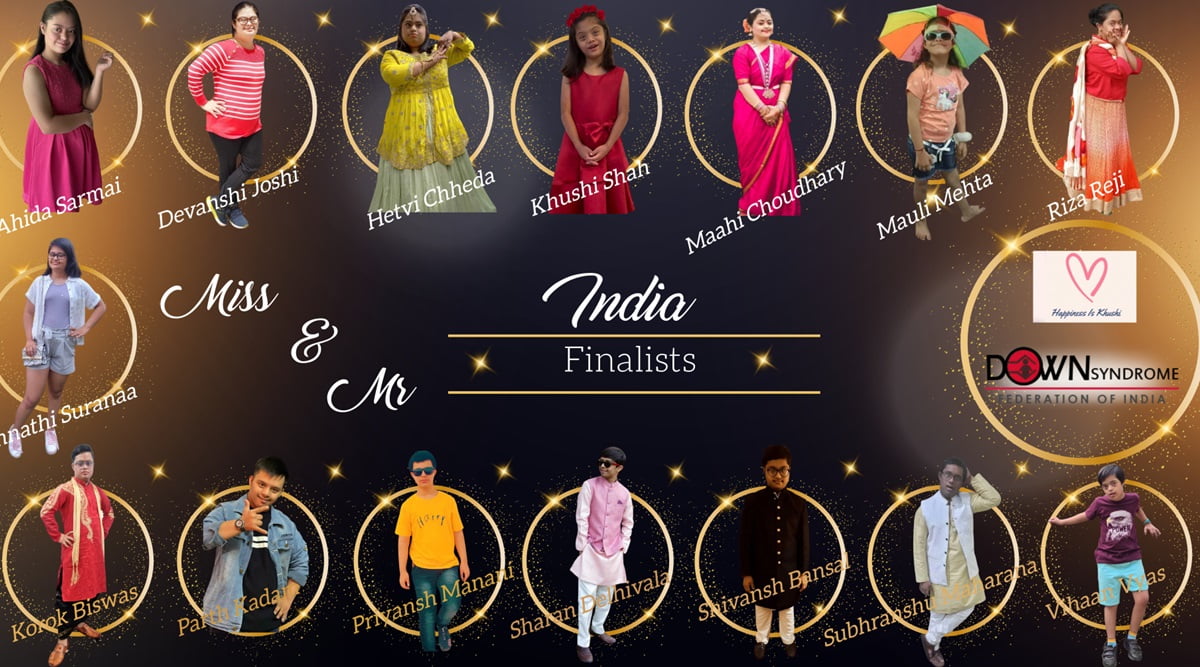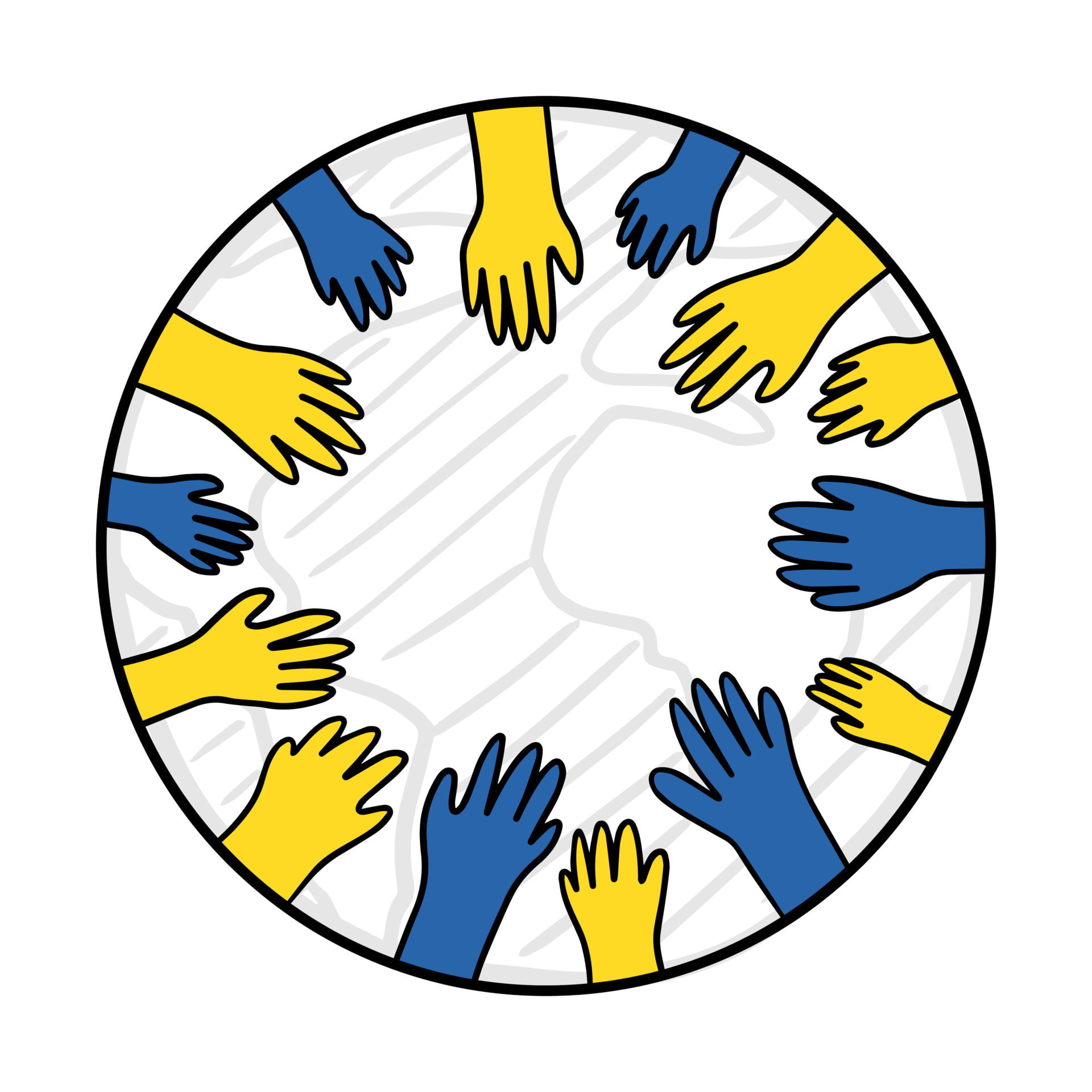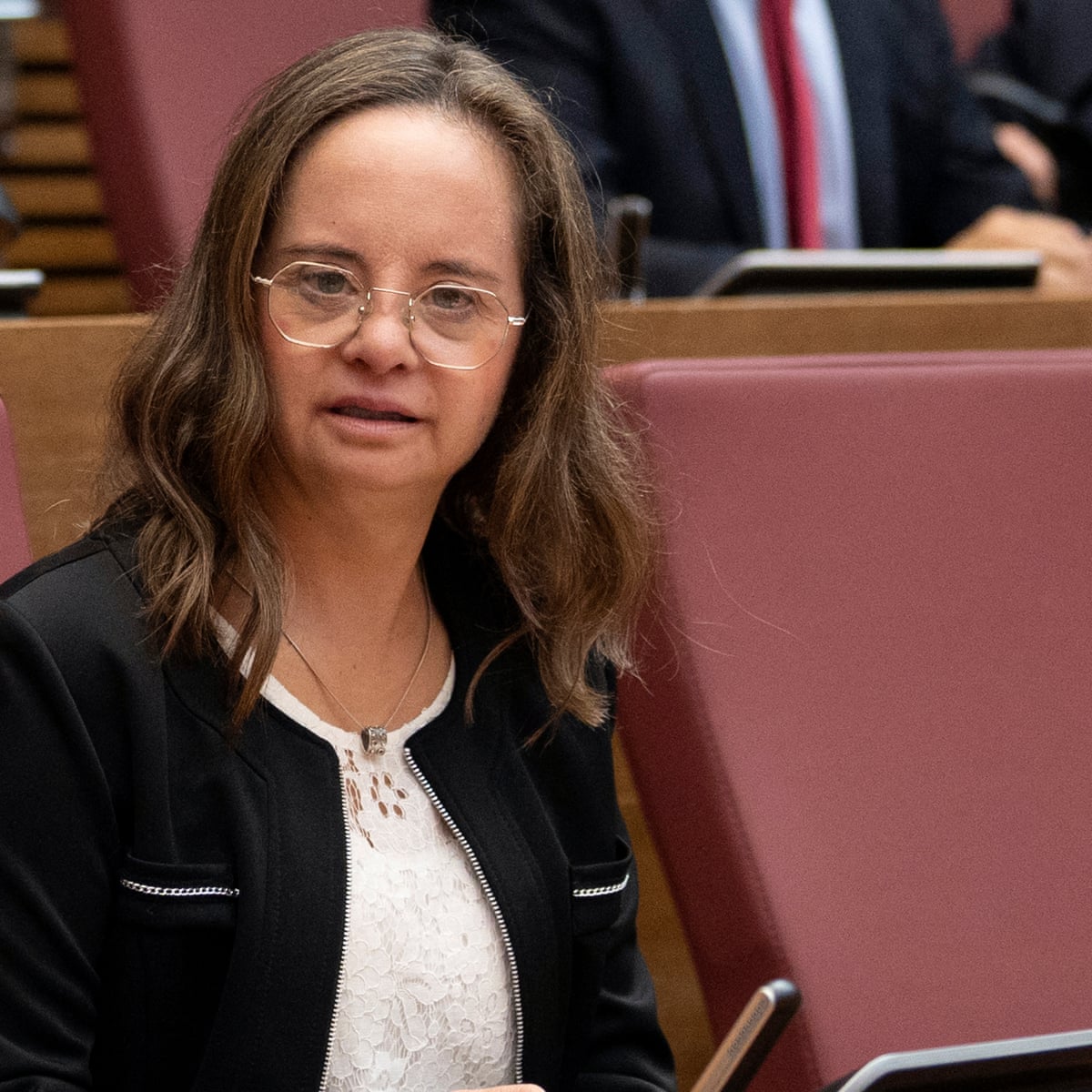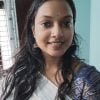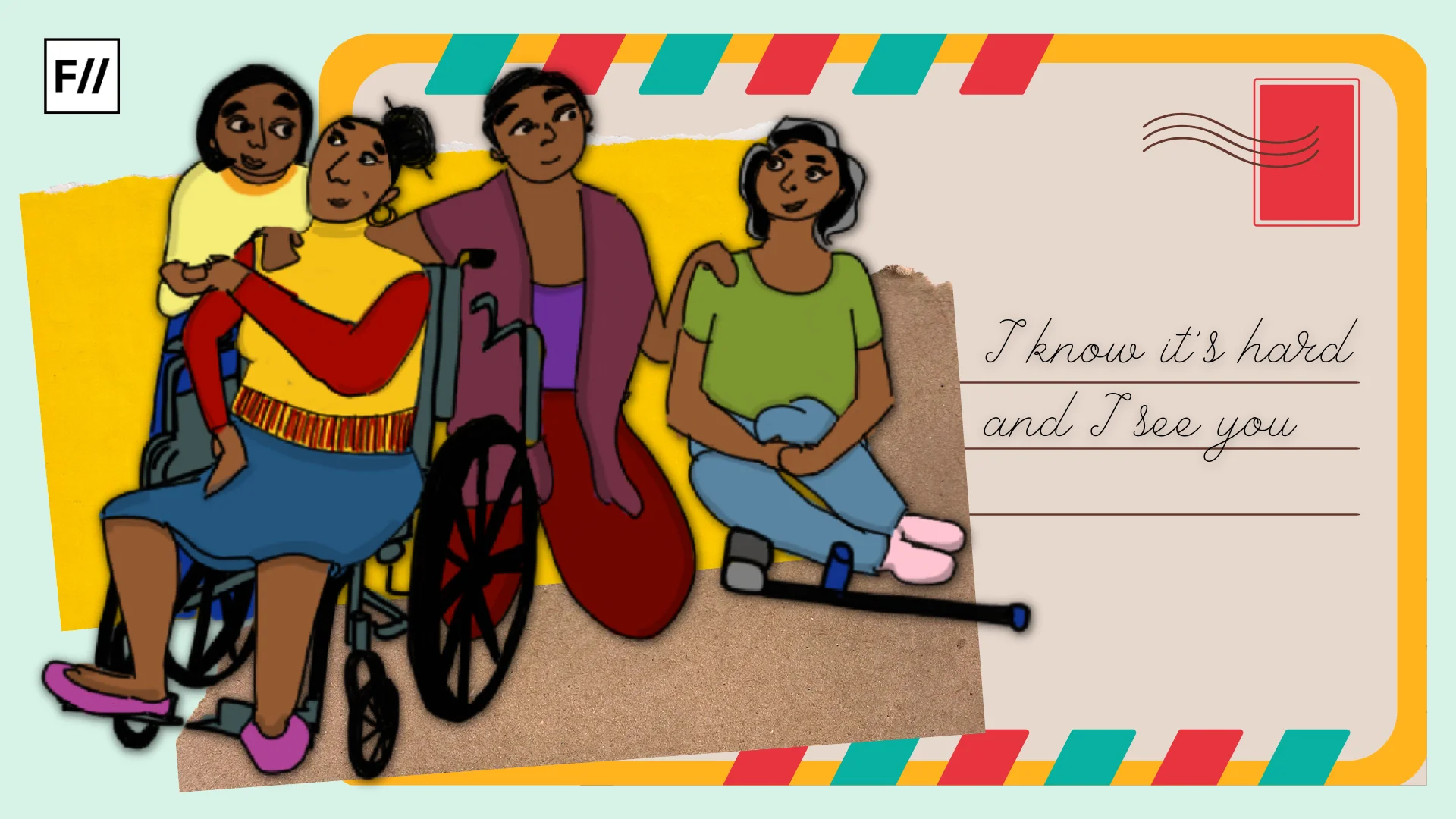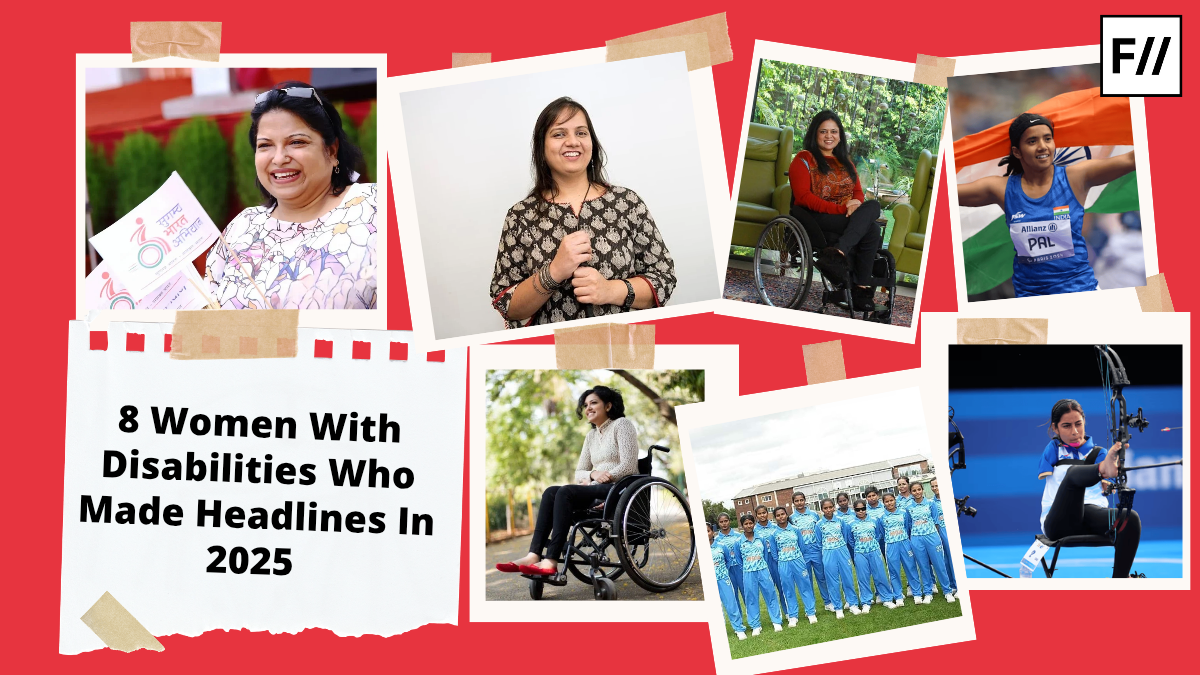Disability has become a very sensitive and often misunderstood topic for many nowadays. Consider the arguments over the use of disabled and differently abled- while some vehemently stand for the use differently abled, as empowering, persons from the community suggest the use of the former word ‘disabled’ as best befitting their condition and oppose the use of any euphemism to mask their difficulties. Likewise, the perception around disability is also highly varied.
There is a myth around Down Syndrome (DS) that all the individuals who are affected by it are intellectually disabled.
One among them is the underrating of the people with Down Syndrome. It is defined as a genetic disorder involving developmental and intellectual delays caused by the irregular division of chromosome 21. There is a myth around Down Syndrome (DS) that all the individuals who are affected by it are intellectually disabled. The range and impact of any disability varies widely according to the severity of its impact, same is the case with DS. But, each case is so different from the other, since most of the persons suffering from Down Syndrome can perform the same functions as anybody else.
There are innumerable individuals with DS living among us, who have battled social stereotypes. Meet Rucha Shere, 26, from Pune with DS who scored 61% in her BA Sanskrit examination in SNDT College, Mumbai. She aspires to do a Special B.Ed to help the many children like her and is currently pursuing her masters. Her mother, Neeta says that the journey has not been that easy since identifying and liberalising the academic standards for DS children has not yet been attained even partially.
‘Accept that your child is different, that she has a problem and then work to solve it. Find teachers and support systems who will help you and trust them. Believe in your child, love them and leave no stones unturned to help them when they need it. . .’ says Neeta.
World Down Syndrome Day is celebrated on March 21 every year to appreciate the hard work and struggle that individuals with Down Syndrome experience.
Like Rucha Shere, there are lakhs of people with Down Syndrome who have made great impact. Gopikrishnan K Varma who became a lead movie actor, Sujeet Desai, an instrumentalist and Chelsea Werner, a gymnast are only a few in the long list of high achievers with Down Syndrome. Discovering their potential and supporting them is the greatest motivating force from their parents and guardians that could take them to the next level. World Down Syndrome Day is celebrated on March 21 every year to appreciate the hard work and struggle that individuals with Down Syndrome experience.
Organisations for upliftment of people with Down Syndrome
Down Syndrome Federation of India is one of the very few actively engaged large organisation in India meant to extend a supportive hand to those individuals and families living with Down Syndrome. They had conducted and continue to conduct a number of programs and games for those individuals irrespective of the age limits. One of them was a beauty pageant organised by them in partnership with Happiness is Khushi in September 2022. Dr. Rekha Ramachandran, President of the federation said that their aim was to spread the awareness that all people with DS are capable and useful members of the society.
Unnathi Surana and Sharan Delhivala were crowned Miss India and Mr. India with Down Syndrome 2022 respectively, the first pageant held for Indians with this genetic disorder. Down Syndrome Federation of India also conducted International Purple Fest, Goa in January of this year and is preparing for Down Syndrome National Games 2024 in March at Gurugram.
Happiness is Khushi is another such organisation working for the upliftment of people with DS, founded by Tejal Shah in Bangalore. It is basically an educative initiative helped by parents and educators to build up a knowledge society for DS. They provide assistance and educational tools as well as a forum for the fostering of friendship among individual with DS.
Down Syndrome Federation of India also conducted International Purple Fest, Goa in January of this year and is preparing for Down Syndrome National Games 2024 in March at Gurugram.
‘Through this platform, we are trying to change the mindset of those who think people with Down Syndrome are suffering, which is not true. We want the world to see and understand that these individuals are not only capable of dance, drama or music, but they are much beyond that and can perform in beauty pageants too and we are proud of them.’ Says Tejal Shah.
Intersection of disability and gender
The incidence rate of DS is often considered small and therefore, easily negligible. But, when the statistics are viewed, 30,000-35,000 children born in India are said to be affected by DS. That means a huge number of the babies born in India are highly impacted. Yet, their case is viewed as a minor issue that could be easily overlooked. Adding to this, babies born with DS are not properly diagnosed as well. Many mistakenly assume DS symptoms for other common forms of disability and ignore them. This marginalisation robs them of their opportunity to develop and go beyond their imposed limits.
Some of the common features in DS include fattened face, smaller head in comparison to body, stout, short neck, etc. Intellectual delays and low retention of information, though a characteristic found in many, is not necessarily present in everyone. Irrespective of these, individuals with DS can be easily identified and distinguished by proper clinical examination under experienced medical supervision.
There is also gender based violence faced by people at the wide intersection between gender and disability in the case of Down Syndrome. In the name of DS, numerous female foeticide cases also occur. The truth is that most of them are false alarms raised to terminate female foeti. K. Manikandan and Suresh Seshadri in their research paper on DS, elaborate on such practices mostly done in low rated clinics.
There is also gender based violence faced by people at the wide intersection between gender and disability in the case of Down Syndrome.
Various awareness programs and studies are still needed to make the common people understand disability and how it can be understood or managed. Ignorance is the reason which keeps on destroying the happiness and progress of many lives and families.
As the very first useful step, the Government and health department, must accept that the number of individuals affected by Down Syndrome is sufficiently high and proper measures to handle the situation must be planned. It includes the availability of medical facilities, suitable educational programmes, awareness programmes for parents, prior screening of pregnancies, certified labs, etc. Beyond all of these, they must make the individuals with DS part of this project and accommodate them as any other person.
The 45 year old Mar Galceran who made history by becoming the first person with Down Syndrome to join the Spanish parliament may not have achieved this feat in the absence of such an accommodating society. Therefore, it is imperative to recognise the fact that people with Down Syndrome can perform multiple functions and live beautiful lives, if only we, as a society, open up about it.
About the author(s)
Vidhu (she/her) is an emerging writer with Masters in English language and literature, keen on learning the politics of the world around her. She has dreams to create a career in journalism and writing, where she unburdens her self. She has a great taste for movies from varies geographical spans and pens down poetry in magical charms. She is open to projects or research centring on humanities.
